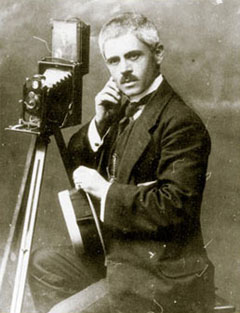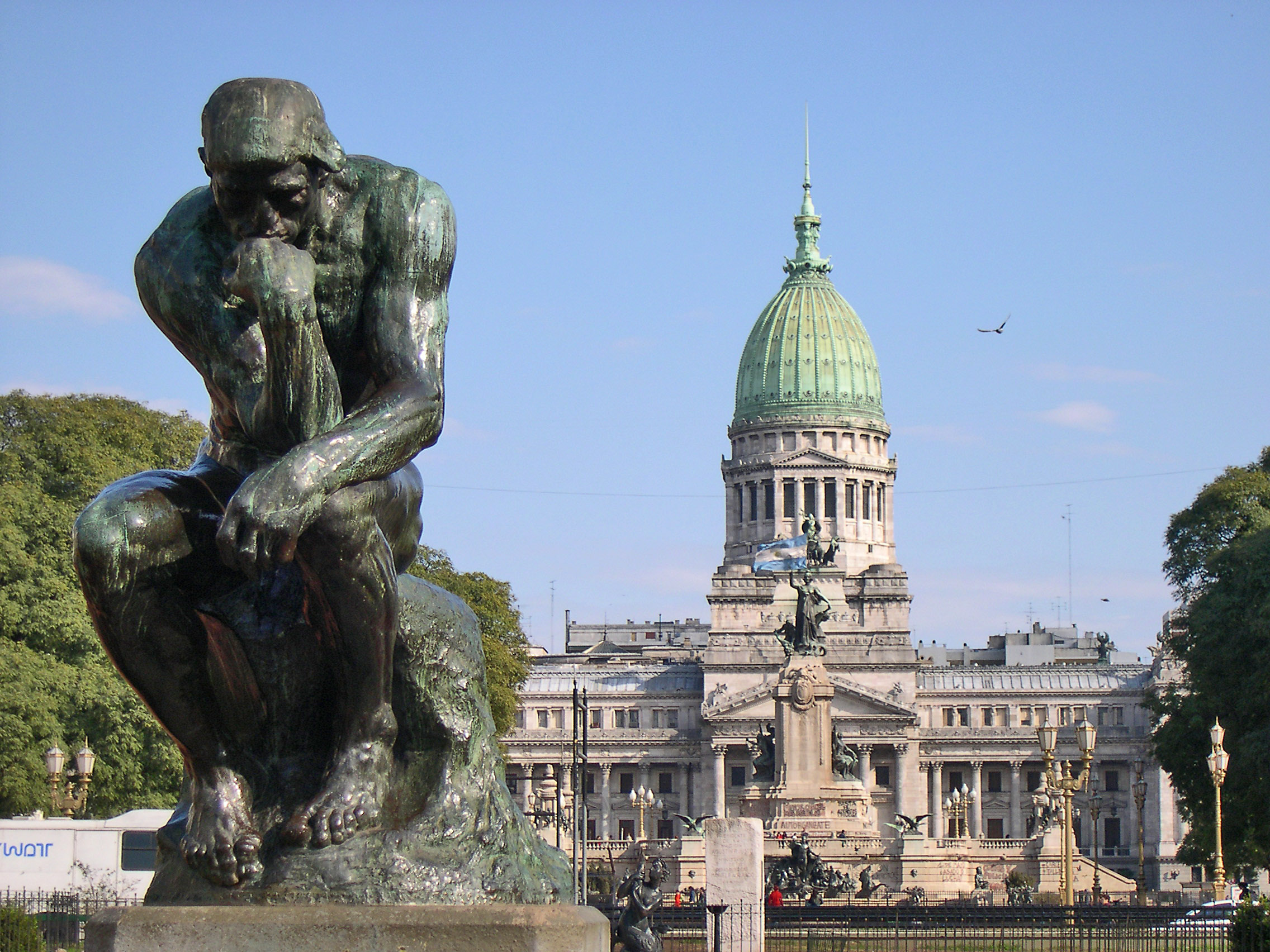|
Eyüp Sabri Akgöl
Eyüp Sabri (), Ohrili Eyüp Sabri (1876–1950) known as Eyüp Sabri Akgöl (literally 'white lake') after the 1934 Surname Law, was an Ottoman Empire, Ottoman-Albanians, Albanian revolutionary and one of the leaders of the Young Turk Revolution (1908). Biography Sabri was of Albanian descent and born in Ohrid, Ohri (modern Ohrid), Ottoman Empire in 1876. Enver Pasha, Ismail Enver Bey recruited Sabri into the Committee of Union and Progress (CUP) movement. Foreigners such as Ernst Jäckh who came into contact with Young Turk (CUP) leaders like Sabri described him as being an Albanian. He was a prominent military leader of the CUP. Adjuntant Major Sabri possessed strong authority among fellow Muslims in the area where he resided and could communicate with them as he spoke both Albanian language, Albanian (his mother tongue) and Turkish language, Turkish. In Ohri an armed band called the Special Muslim Organisation (SMO) composed of 40 members, mostly notables was created in 19 ... [...More Info...] [...Related Items...] OR: [Wikipedia] [Google] [Baidu] |
Ohrid
Ohrid ( ) is a city in North Macedonia and is the seat of the Ohrid Municipality. It is the largest city on Lake Ohrid and the eighth-largest city in the country, with the municipality recording a population of over 42,000 inhabitants as of 2002. Ohrid is known for once having 365 churches, one for each day of the year, and has been referred to as the "Jerusalem of the Balkans"."The Mirror of the Macedonian Spirit, Zlate Petrovski, Sašo Talevski, Napredok, 2004, , page 72: "... and Macedonia in the Cathedral Church St. Sofia in the Macedonian Jerusalem — Ohrid..." The city is rich in picturesque houses and monuments, and tourism is predominant. It is located southwest of Skopje, west of Resen and Bitola. In 1979 and in 1980, respectively, Ohrid and Lake Ohrid were accepted as Cultural and Natural World Heritage Sites by UNESCO. Ohrid is one of only 40 sites that are part of UNESCO's World Heritage that are Cultural as well as Natural sites. Name In antiquity the ... [...More Info...] [...Related Items...] OR: [Wikipedia] [Google] [Baidu] |
Enver Bey
İsmâil Enver (; ; 23 November 1881 – 4 August 1922), better known as Enver Pasha, was an Ottoman Turkish military officer, revolutionary, and convicted war criminal who was a part of the dictatorial triumvirate known as the "Three Pashas" (along with Talaat Pasha and Cemal Pasha) in the Ottoman Empire. While stationed in Ottoman Macedonia, Enver joined the Committee of Union and Progress (CUP), an organization affiliated with the Young Turks movement that was agitating against Sultan Abdul Hamid II's despotic rule. He was a key leader of the 1908 Young Turk Revolution, which reestablished the Constitution and parliamentary democracy in the Ottoman Empire. Along with Ahmed Niyazi, Enver was hailed as "hero of the revolution". However, a series of crises in the Empire, including the 31 March Incident, the Balkan Wars, and the power struggle with the Freedom and Accord Party, left Enver and the Unionists disillusioned with liberal Ottomanism. After the 1913 Ottoman coup d ... [...More Info...] [...Related Items...] OR: [Wikipedia] [Google] [Baidu] |
Fedayeen
Fedayeen ( ''fidāʻiyyūn'' "self-sacrificers") is an Arabic language, Arabic term used to refer to various military groups willing to sacrifice themselves for a larger campaign. Etymology "Fidayun" is the plural of "fidayi" ( ''fidāʻiyy'' )), meaning "one who redeems/sacrifices themselves". Medieval usage Order of Assassins Hassan-i-Sabbah (c. 1050–1124), who founded the Order of Assassins in Persia and Syria, used the term to refer to his fanatical devotees. ''Fidāʼīyīn'' is the plural of ''fidāʼī'', which means "sacrifice." It is widely understood as "those willing to sacrifice themselves for God". Modern usage Armenia ''Fedayi'' also known as the Armenian irregular units or Armenian militia, were Armenians, Armenian civilians who voluntarily left their families to form self-defense units in reaction to the mass murder of Armenians and the pillage of Armenian villages by criminals, Turkish people, Turkish and Kurds, Kurdish gangs, Ottoman forces, and Hamidiy ... [...More Info...] [...Related Items...] OR: [Wikipedia] [Google] [Baidu] |
Manakis Brothers
The Manaki brothers (), Yanaki and Milton ( and ), were two Aromanian photography and cinema pioneers within the Balkan Peninsula and the Ottoman Empire. They were the first to bring a film camera and create a motion picture in the city of Manastir (modern-day Bitola, Republic of North Macedonia), an economic and cultural center of Ottoman Rumelia. Their first film, ''The Weavers'', was a 60-second documentary of their grandmother spinning and weaving; this is regarded as the first motion picture shot in the Balkans. The Manaki brothers used a 35 mm Urban Bioscope camera that Yanaki imported from London in 1905. Yanaki and Milton filmed documentaries about various aspects of life in the city of Manastir. They made a name for themselves in their local photography studio and, in 1906, they received an invitation from King Carol I of Romania to participate in the Bucharest Jubilee Exhibition, where they won a gold medal for their collection and were asked to be the King's ... [...More Info...] [...Related Items...] OR: [Wikipedia] [Google] [Baidu] |
Mehmed V
Mehmed V Reşâd (; or ; 2 November 1844 – 3 July 1918) was the penultimate List of sultans of the Ottoman Empire, sultan of the Ottoman Empire from 1909 to 1918. Mehmed V reigned as a Constitutional monarchy, constitutional monarch. He had little influence over government affairs and the Constitution of the Ottoman Empire, Ottoman constitution was held with little regard by his Ministry (government department), ministries. The first half of his reign was marked by increasingly polarizing politics, and the second half by war and domination of the Committee of Union and Progress and the Three Pashas. Reşad was the son of Sultan Abdülmecid I. He succeeded his half-brother Abdul Hamid II after the 31 March Incident. Coming to power in the aftermath of the failed coup attempt, his nine-year reign featured three coups d'etat, four wars, eleven governments, and numerous uprisings. The Italo-Turkish War saw the cession of the Empire's North African territories and the Dodecanese I ... [...More Info...] [...Related Items...] OR: [Wikipedia] [Google] [Baidu] |
Congress Of Dibra
A congress is a formal meeting of the representatives of different countries, constituent states, organizations, trade unions, political parties, or other groups. The term originated in Late Middle English to denote an encounter (meeting of adversaries) during battle, from the Latin '' congressus''. Political congresses International relations The following congresses were formal meetings of representatives of different nations: *The Congress of Aix-la-Chapelle (1668), which ended the War of Devolution *The Congress of Aix-la-Chapelle (1748), which ended the War of the Austrian Succession *The Congress of Aix-la-Chapelle (1818) *The Congress of Berlin (1878), which settled the Eastern Question after the Russo-Turkish War (1877–1878) *The Congress of Gniezno (1000) *The Congress of Laibach (1821) *The Congress of Panama, an 1826 meeting organized by Simón Bolívar *The Congress of Paris (1856), which ended the Crimean War *The Congress of Troppau (1820) *The Congress of ... [...More Info...] [...Related Items...] OR: [Wikipedia] [Google] [Baidu] |
Balkan Wars
The Balkan Wars were two conflicts that took place in the Balkans, Balkan states in 1912 and 1913. In the First Balkan War, the four Balkan states of Kingdom of Greece (Glücksburg), Greece, Kingdom of Serbia, Serbia, Kingdom of Montenegro, Montenegro and Kingdom of Bulgaria, Bulgaria declared war upon the Ottoman Empire and defeated it, in the process stripping the Ottomans of their European provinces, leaving only East Thrace, Eastern Thrace under Ottoman control. In the Second Balkan War, Bulgaria fought against the other four combatants of the first war. It also faced an attack from Kingdom of Romania, Romania from the north. The Ottoman Empire lost the bulk of its territory in Europe. Although not involved as a combatant, Austria-Hungary became relatively weaker as a much enlarged Serbia pushed for union of the South Slavs, Slavic peoples. The war set the stage for the July Crisis, July crisis of 1914 and as a prelude to the First World War. By the early 20th century, Bul ... [...More Info...] [...Related Items...] OR: [Wikipedia] [Google] [Baidu] |
Bitola
Bitola (; ) is a city in the southwestern part of North Macedonia. It is located in the southern part of the Pelagonia valley, surrounded by the Baba, Nidže, and Kajmakčalan mountain ranges, north of the Medžitlija-Níki border crossing with Greece. The city stands at an important junction connecting the south of the Adriatic Sea region with the Aegean Sea and Central Europe, and it is an administrative, cultural, industrial, commercial, and educational centre. It has been known since the Ottoman period as the "City of Consuls", since many European countries had consulates in Bitola. Bitola, known during the Ottoman Empire as Manastır or Monastir, is one of the oldest cities in North Macedonia. It was founded as Heraclea Lyncestis in the middle of the 4th century BC by Philip II of Macedon. The city was the last capital of the First Bulgarian Empire (1015–1018) and the last capital of Ottoman Rumelia, from 1836 to 1867. According to the 2002 census, Bitola is the ... [...More Info...] [...Related Items...] OR: [Wikipedia] [Google] [Baidu] |
Ottoman Constitution Of 1876
The Constitution of the Ottoman Empire (; ) was in effect from 1876 to 1878 in a period known as the First Constitutional Era, and from 1908 to 1922 in the Second Constitutional Era. The first and only constitution of the Ottoman Empire, it was written by members of the Young Ottomans, particularly Midhat Pasha, during the reign of Sultan Abdul Hamid II (). After Abdul Hamid's political downfall in the 31 March Incident, the Constitution was amended to transfer more power from the sultan and the appointed Senate to the popularly-elected lower house: the Chamber of Deputies. In the course of their studies in Europe, some members of the new Ottoman elite concluded that the secret of Europe's success rested not only with its technical achievements but also with its political organizations. Moreover, the process of reform itself had imbued a small segment of the elite with the belief that constitutional government would be a desirable check on autocracy and provide it with a better ... [...More Info...] [...Related Items...] OR: [Wikipedia] [Google] [Baidu] |







